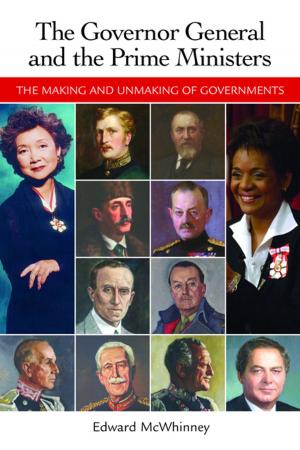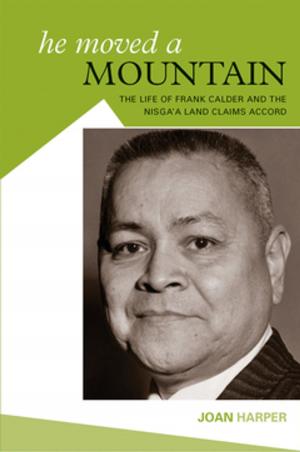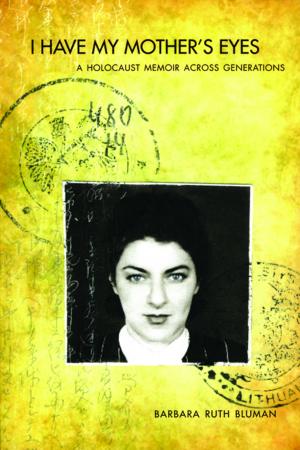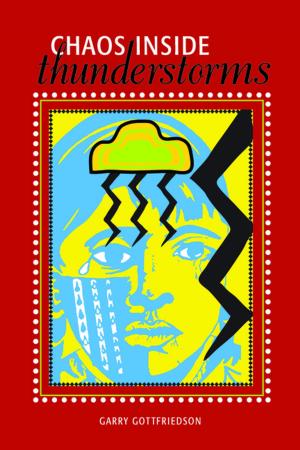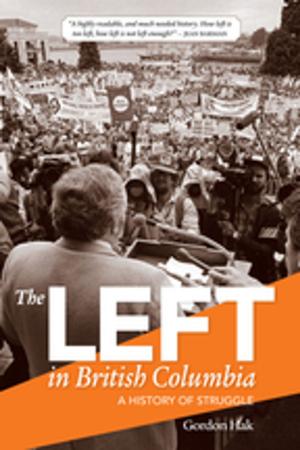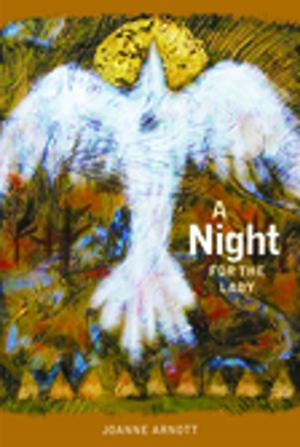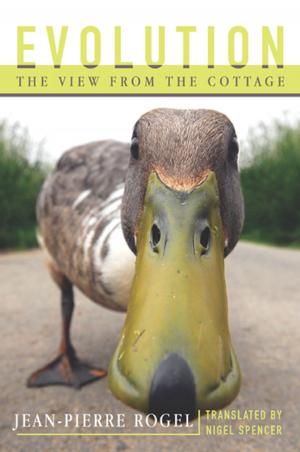The Steppes Are the Colour of Sepia
Nonfiction, Religion & Spirituality, Christianity, Denominations, Mennonite, Biography & Memoir, History| Author: | Connie Braun | ISBN: | 9781553802662 |
| Publisher: | Ronsdale Press | Publication: | October 1, 2008 |
| Imprint: | Ronsdale Press | Language: | English |
| Author: | Connie Braun |
| ISBN: | 9781553802662 |
| Publisher: | Ronsdale Press |
| Publication: | October 1, 2008 |
| Imprint: | Ronsdale Press |
| Language: | English |
The Steppes Are the Colour of Sepia: A Mennonite Memoir invites the reader to embark on a journey that traces the paths of ancestral memory over the steppes of the Russian empire to the valleys of Canada’s Fraser River. Connie Braun’s narrative continues where Sandra Birdsell’s historical fiction Russlander has left off – back to the catastrophic events of twentieth-century Europe. Braun intimately ushers us into the life of one extended Mennonite family, and in particular the life of her father and grandfather, living under the terror of Stalin, and later, under the military expansion of Hitler’s Nazi Lebensraum in the Ukraine. In the vein of Janice Kulyk Keefer’s memoir Honey and Ashes: A Story of Family and Anne Michaels’ Fugitive Pieces, Braun gives voice to the narrative of dispossession. In a memoir that is historically faithful to documents, letters, old photographs and personal testimony, Braun offers a lyrical second-generation witness to her family members and to all other Canadians who have suffered displacement in history’s disasters, and whose obscure stories must be told. In doing so, she honours the spirit of resilience embodied by the refugees who have created and transformed Canadian society.
The Steppes Are the Colour of Sepia: A Mennonite Memoir invites the reader to embark on a journey that traces the paths of ancestral memory over the steppes of the Russian empire to the valleys of Canada’s Fraser River. Connie Braun’s narrative continues where Sandra Birdsell’s historical fiction Russlander has left off – back to the catastrophic events of twentieth-century Europe. Braun intimately ushers us into the life of one extended Mennonite family, and in particular the life of her father and grandfather, living under the terror of Stalin, and later, under the military expansion of Hitler’s Nazi Lebensraum in the Ukraine. In the vein of Janice Kulyk Keefer’s memoir Honey and Ashes: A Story of Family and Anne Michaels’ Fugitive Pieces, Braun gives voice to the narrative of dispossession. In a memoir that is historically faithful to documents, letters, old photographs and personal testimony, Braun offers a lyrical second-generation witness to her family members and to all other Canadians who have suffered displacement in history’s disasters, and whose obscure stories must be told. In doing so, she honours the spirit of resilience embodied by the refugees who have created and transformed Canadian society.

